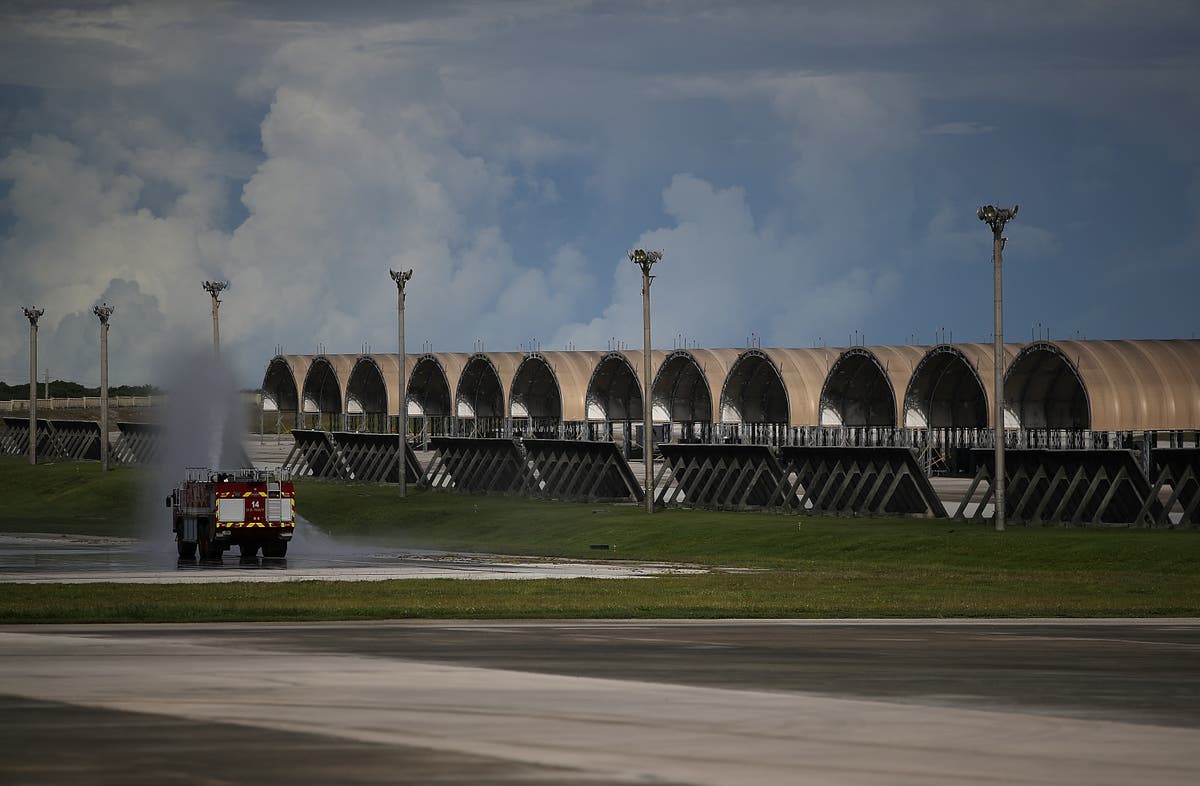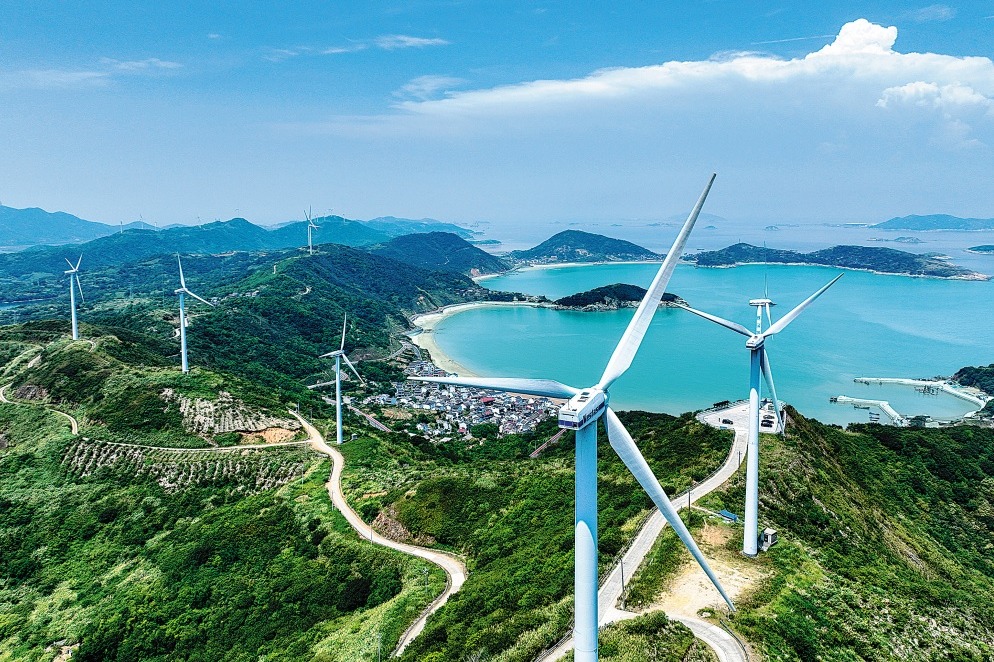
大流行和社会隔离如何改变了我们对时间流逝的看法。
在大流行的早期阶段,大多数被限制在家中的人表示,他们感到时间过得慢,因此感到孤独。
根据该杂志的报道 科学进步, 这[{” attribute=””>COVID-19 pandemic has altered how individuals perceive the passing of time.
The majority of research participants (65%) reported feeling that time was moving more slowly at the conclusion of the first month of social isolation, which occurred in May 2020. This perception was termed by the researchers as “time expansion,” and they discovered that it was linked to feelings of isolation and a lack of enjoyable activities throughout the time period.
Even more people (75%) said they didn’t experience as much “time pressure,” which is the sensation that time is passing more quickly and leaving less time for activities of daily living and recreation. 90% of those surveyed claimed they were taking shelter at home during that time.
“We followed the volunteers for five months to see if this ‘snapshot’ of the start of the pandemic would change over time. We found that the feeling of time expansion diminished as the weeks went by, but we didn’t detect significant differences with regard to time pressure,” André Cravo, first author of the article, told Agência FAPESP. Cravo is a professor at the Federal University of ABC in São Paulo state, Brazil.
The research started on May 6, when 3,855 participants recruited via social media responded to a ten-item online questionnaire and completed a simple task meant to test their ability for short interval estimation (pressing start and stop buttons in 1, 3, and 12 seconds). They were then questioned about their daily activities the week before (including whether they had finished all required tasks and how much time they had set aside for leisure) as well as how they were feeling right now (happy, sad, lonely, etc).
“They were invited to return every week for further sessions, but not everyone did,” Cravo said. “In the final analysis, we considered data for 900 participants who answered the questionnaire for at least four weeks, albeit not all consecutively.”
Using time awareness scales from 0 to 100 that are standard for this type of survey, the researchers analyzed the answers and calculated the two parameters – time expansion and time pressure – to see whether they increased or decreased week by week.
“Besides a rise or fall on the scales, we also analyzed the factors that accompanied the changes. During the five-month period, we observed a similar pattern: in weeks when participants reported feeling lonely and experiencing less positive affect, they also felt time pass more slowly. In highly stressful situations, they felt time pass more quickly,” Cravo said.
When the first set of answers to the question on the passage of time was compared with the second, provided at the end of the first month of confinement, perceptions of time expansion had risen 20 points while time pressure had fallen 30 points, according to Raymundo Machado, a scientist at the Brain Institute of the Albert Einstein Jewish Hospital (HIAE) in São Paulo, and last author of the article. “These results are evidently affected by memory bias, however, because no measurements were made before the pandemic,” he said.
Time slowed most for younger participants early in the pandemic, when compliance with social distancing rules was strictest. Except for age, demographic factors such as household size, occupation, and gender, had no influence on the results.
For the authors, this may be an effect of the sample profile. Most of the volunteers (80.5%) lived in the Southeast region. A large majority were women (74.32%). Most had completed secondary school, and a great many even had a university degree (71.78%). In terms of income, roughly a third were upper middle class (33.08%). Sizable minorities worked in education (19.43%) and healthcare (15.36%).
“This is typical of online surveys, where a majority are women living in the Southeast with high levels of formal education. The influence of demographics might have been more evident if the sample had represented the Brazilian population better,” Machado said.
Internal clock
Although the pandemic changed participants’ perceptions of the passage of time, it apparently did not affect their ability to sense duration, measured by the button-pressing task. “All of us are able to estimate short intervals. When the results of this time estimation test [including overestimation and underestimation of the intervals] 它们与时间感知结果进行了比较,没有相关性,”马查多说。
根据克拉沃的说法,来自科学文献的证据表明,时间过得慢或快的感觉主要受两个因素的影响:时间在给定环境中的重要性,以及它的不可预测性。 例如,如果您上班迟到 [so that time is relevant in the context] 我必须等公共汽车 [unpredictable timing]你有一种极端的看法,即分钟不会过去。 当您在度假并享受乐趣时,现在不是时候,它似乎在飞翔。
当我们回忆过去的情况时,感知往往会发生变化。 “当你想起假期时所做的事情时,时间似乎持续得更长。相反,当你排队时,时间过得非常慢,但当你稍后回忆起情况时,时间就好像结束得很快。 ,”克拉沃说。
在 COVID-19 大流行的情况下,人们将如何记住社交距离期间的时间流逝是未知的。 “在过去的两年里,很多时间里程碑,比如狂欢节、六月节日和生日,都不得不被跳过,所以这个问题仍然悬而未决,”他总结道。
参考文献:“在保持社交距离的过程中体验时间:在巴西 COVID-19 大流行初期的纵向研究”,作者:André Macioli Cravo、Gustavo Brito de Azevedo、Cristiano Moraes Bellacci Azarias、Louise Catherine Barney、Fernanda Dantas Bueno 和 Rafael方法。 Di Camargo、Vanessa Carneiro Morita、Esau Ventura Bobo Sirius、Renan Schiavolin Recio、Mateus Silvestrin 和 Raimundo Machado de Azevedo Neto,2022 年 4 月 13 日, 科学进步。
DOI: 10.1126 / sciadv.abj7205
该研究由 FAPESP 资助。

“创作者。屡获殊荣的问题解决者。音乐布道者。无法治愈的内向。”





More Stories
世界卫生组织表示,禽流感传播给人类的风险是一个“重大问题”。 禽流感
通过业余化石发现,发现了一种巨大的古代海洋爬行动物
古代发掘发现了已知最大的海洋爬行动物